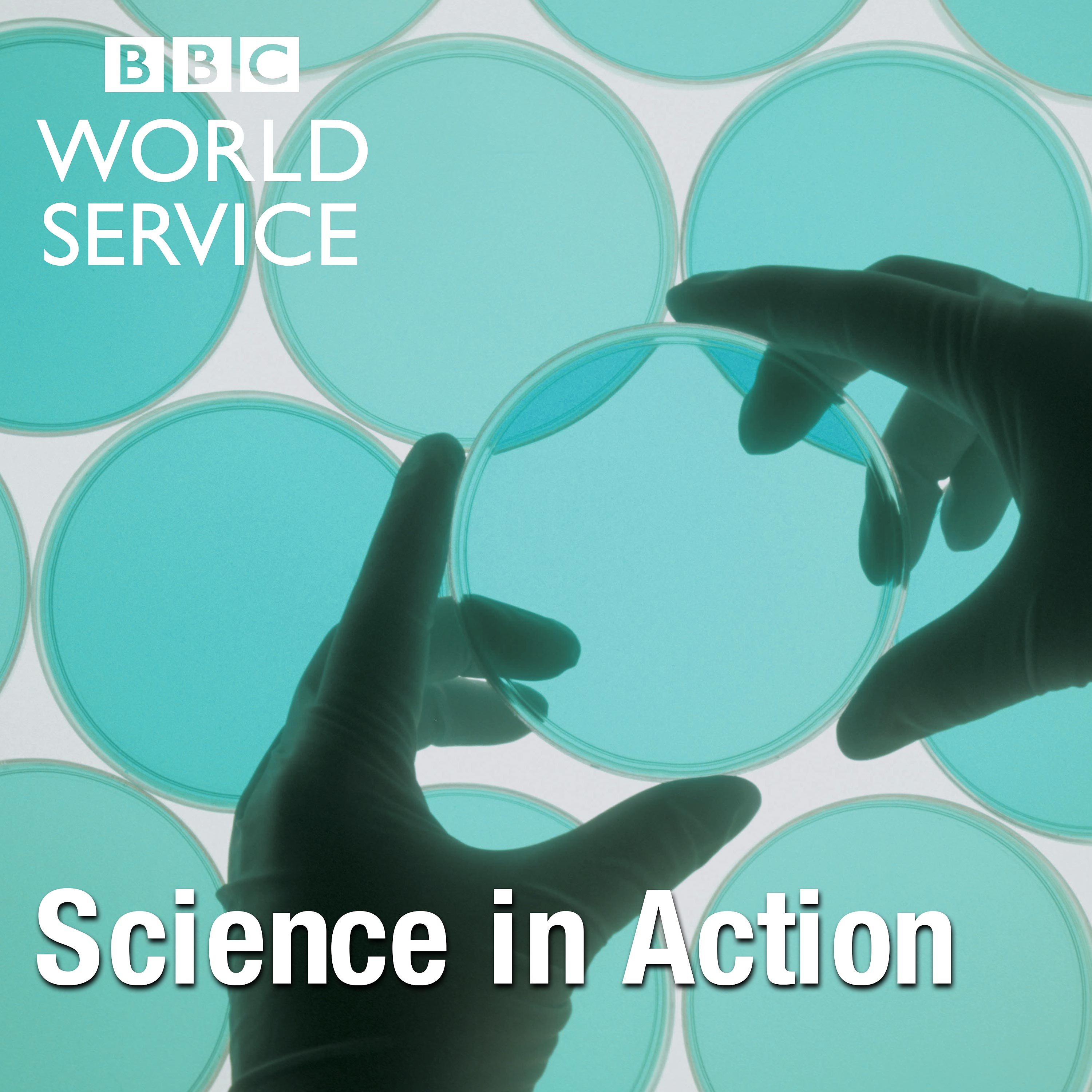US Health Secretary RFK Jr’s call to retract a study on childhood vaccines is resisted by the journal. Also antibiotics get designed by AI, and a new way for stars to die.
A study focussing on Danish childhood vaccination data has attracted the US Secretary for Health’s anger, as RFK jr calls for the journal in which it was published, the Annals of Internal Medicine, to retract it. The Editor, Christine Laine, talk to Science in Action about the strengths and challenges of observational studies.
The cuts to prestigious US federal science funded research continue, as last week it was announced that $500 million funding for future mRNA vaccines would be withdrawn. Barney Graham, one of the pioneers in the field and prominent during the Covid vaccines, argues that the research will still happen, though maybe not in the US, as mRNA has become a fundamental area of global research.
Meanwhile, strides are being made in the field of synthetic biology as Jim Collins and colleagues at MIT and Harvard have used AI to design potentially viable antibiotics for two important drug-resistant superbugs. Previously, AI has been used to comb through libraries of known antibiotics. This study has gone a step further, and used generative AI to design new ones, that can then be synthesised using real chemicals. Though a long way from being prescribable drugs, the team think this could herald a new golden age of antibiotic development – something which has been lacking in recent decades.
Finally, it seems astronomers may have discovered a new way for a star to die, sort of. Supernova 2023zkd was seen to explode back in 2023, found by a team looking for odd events. It didn’t seem quite like normal supernovae, in that it took a bit longer to die down. Then the team looked back, and noticed that it had also been getting slowly brighter for almost a year. At 730 million light years away, in a galaxy far, far away, it also seemed to have been stripped of all its hydrogen and even stranger yet, appeared to have exploded twice. As Ashley Villar of the Harvard Smithsonian Center for Astrophysics explains, the almost unique observation fits with a model of the huge star getting closer to a black hole, the gravity of which may have disrupted the star enough to cause it to explode.
Presenter: Roland Pease
Producer: Ella Hubber with Alex Mansfield
Production Coordinator: Jana Bennett-Holesworth
(Image: Child getting a vaccine. Credit: Luis Alvarez via Getty Images)


